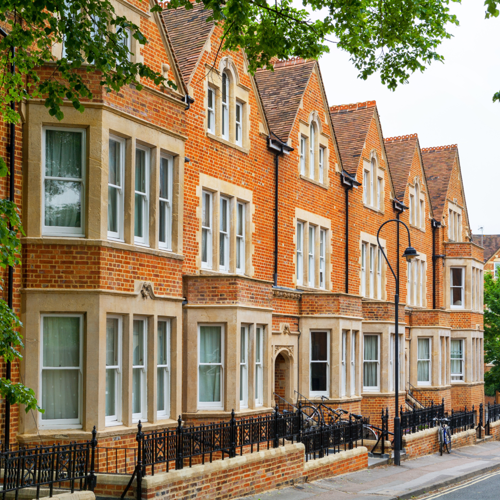Why choose Mercantile Trust?
With our common sense approach to lending, we offer flexible and quick solutions tailored to your needs.

What is Auction Bridging Finance?
Auction Bridging Finance is a type of Bridging Finance used for buying properties at auction. It’s typically used to complete a transaction quickly (auction houses tend to require payment within 28 days).
Auction purchases generally have to be completed soon after the auction, and in most cases a conventional mortgage either cannot be arranged (if the property is not habitable) or may not be available within that time period.
How Auction Bridging Finance works?
The auction house will usually ask for a 10% payment of the purchase price plus their auction fees at the time you win the auction, giving you another 28 days (at most) to complete your purchase.
You can then look to refinance your auction purchase with a longer term solution such as a Buy to Let Mortgage.

Auction Bridging Finance criteria
- Nationwide coverage: Available for properties across England, Scotland, Wales, and Northern Ireland
- Borrowing for business or investment purposes only
- Flexible loan options: First and second charge loans available
- Borrow against the property you're purchasing, or as a first or second charge on your existing properties.
- Competitive LTV: Borrow up to 75% loan-to-value (LTV)
- No Legal Fees on second charges in England, Wales, and Scotland
- Diverse property types: Most construction types accepted
- Landlord friendly terms: No minimum income required for existing landlords
- Affordable entry: Minimum property value of £75,000
- Loan sizes: Borrow from £25,000 to £500,000
- Flexible repayment: Choose monthly payments or repay it all at the end of the term
- No early repayment charges: Repay early with no penalties, just a discharge fee of £245 applies
Application process
1
Simply fill out the Enquiry Form to arrange a call back or call our expert team on 0800 032 3737
2
We will take time to understand what you want to achieve and ensure you qualify for a loan with us
3
If approved you could have the funds in 48 hours

Ready to get started?
We are here for anyone who needs flexible and tailored loan solutions. Whether you have complex income, have imperfect credit, are employed or self-employed, or need faster access to funds than a high street lender can offer — we’re here to help.
Let’s discuss how we can help your next investment. Speak to an expert.
Common questions about Auction Bridging Finance
